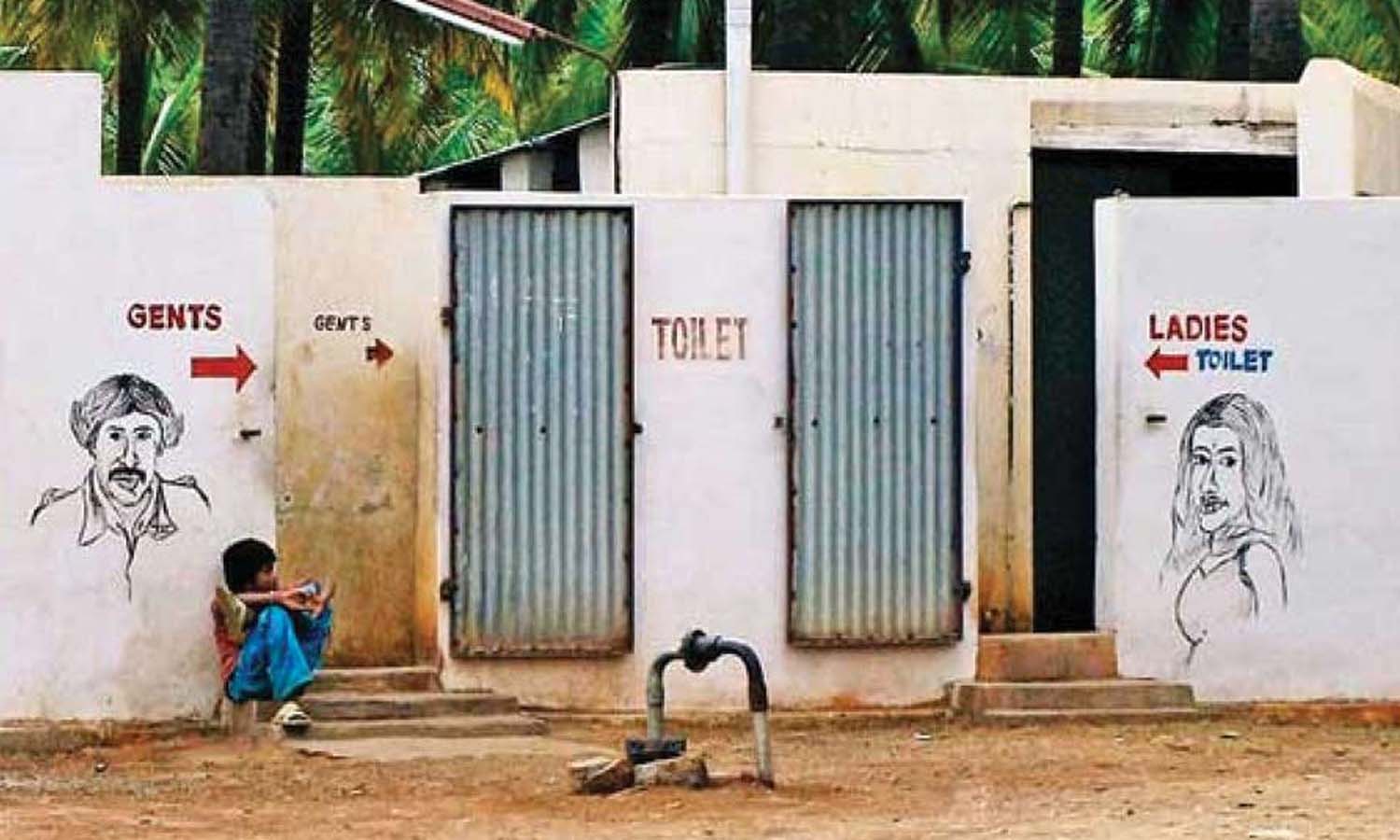Editorial: Raise a stink
A slew of even more damning statistics emerged from the state when the Centre for Women’s Development and Research (CWDR), reported that toilets in most government, aided, and private schools in Tamil Nadu are inadequate, roofless and unsanitary.;

Representational image of a toilet (PTI)
CHENNAI: In 2016, newspapers and news portals in the country went to town over an episode involving a woman refusing to tie the knot with a man in Kanpur because he had failed to construct a toilet at his residence in time for the wedding. Close to a decade later, the government has reported that as of March 2023, India has over 11 crore individual household toilets (IHHLs) and 2.23 lakh community sanitary complexes (CSCs). These were built across all states and union territories since 2014 as part of the Swachh Bharat Mission (SBM). On World Toilet Day, it might help to train our focus on demographics in urgent need of restrooms in the country.
A report on menstrual hygiene management involving 14 districts of states that included Tamil Nadu, Maharashtra, Assam, and others, that was made public last year, revealed that school girls feared using in-house toilets during menstruation, as such facilities were devoid of essentials such as clean water and soap. Apart from that, these toilets suffered from poor upkeep and were conspicuous by the absence of doors, taps and even dustbins. The Sulabh International report detailed how such fears prompted absenteeism among schoolgirls during their menstrual cycle.
A slew of even more damning statistics emerged from the state when the Centre for Women’s Development and Research (CWDR), reported that toilets in most government, aided, and private schools in Tamil Nadu are inadequate, roofless and unsanitary. The NGO pointed out that 70% of the total 58,801 government, and aided schools in TN have no restrooms at all. The problem of inadequate sanitation infrastructure was serious enough to merit the wrath of the Madras High Court, which initiated a suo motu contempt of court proceedings against the Tamil Nadu government. The MHC rapped the State for not complying with a direction issued by it in 2016, regarding the installation of sanitary napkin vending machines in government high and higher secondary schools.
While this is the condition of toilets in government-run and aided schools in the state, the upkeep of lavatories meant for citizens that are spread across the city is nothing to write home about. Last year in January, the Greater Chennai Corporation planned to construct new toilets and renovate old ones in four phases across a few key regions in the city, namely the Marina Beach, and Royapuram and Thiru Vi Ka Nagar. The project seems to have reached its final stage and was expected to be completed by the end of November. More recently, GCC announced its intent to privatise public lavatories in the city, while approving an estimated sum of Rs 1,167 crore for over 7,000 toilet seats. The civic body had opted to choose a concessionaire who will design, build, finance, operate and transfer (DBFOT) the toilets in 15 zones for 9 years.
The construction of toilets in public or government spaces is one thing. But what we also need to focus on is how well-equipped private enterprises, such as offices, commercial hubs, hotels, supermarkets, shopping malls and complexes as well as recreational spaces are, with regard to the notion of sanitation infrastructure. Apps like ToiletSeva might help the upwardly mobile to find clean and hygienic washrooms. But for the aam aadmi, let’s underscore one legislation: Section 7(2) of the Indian Sarais Act 1867, which enables a person to ask and consume water or use the washrooms for free at any hotel at any time.

